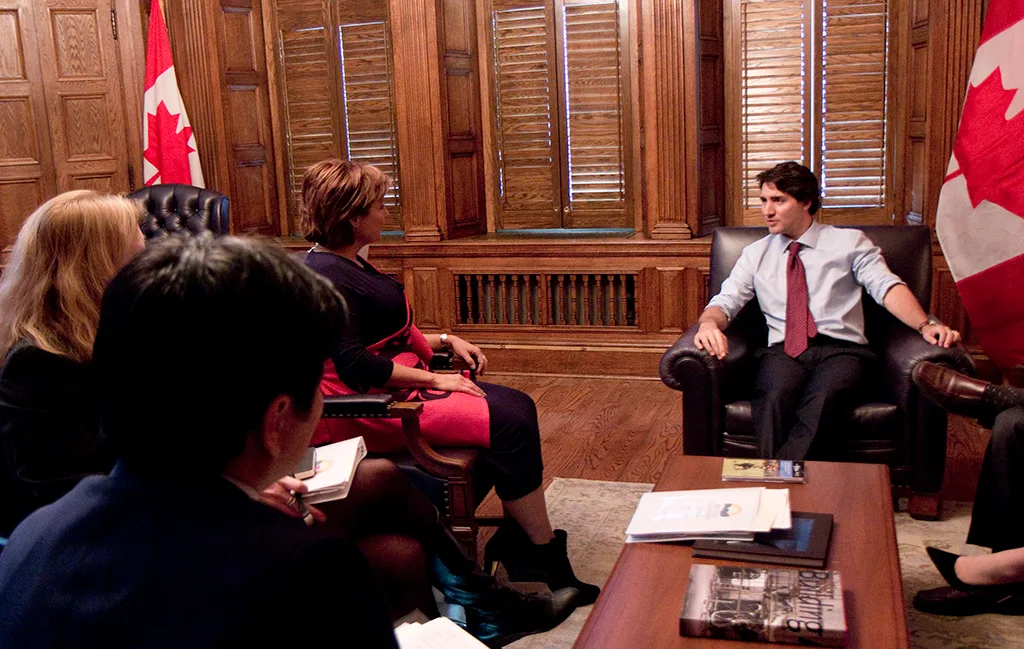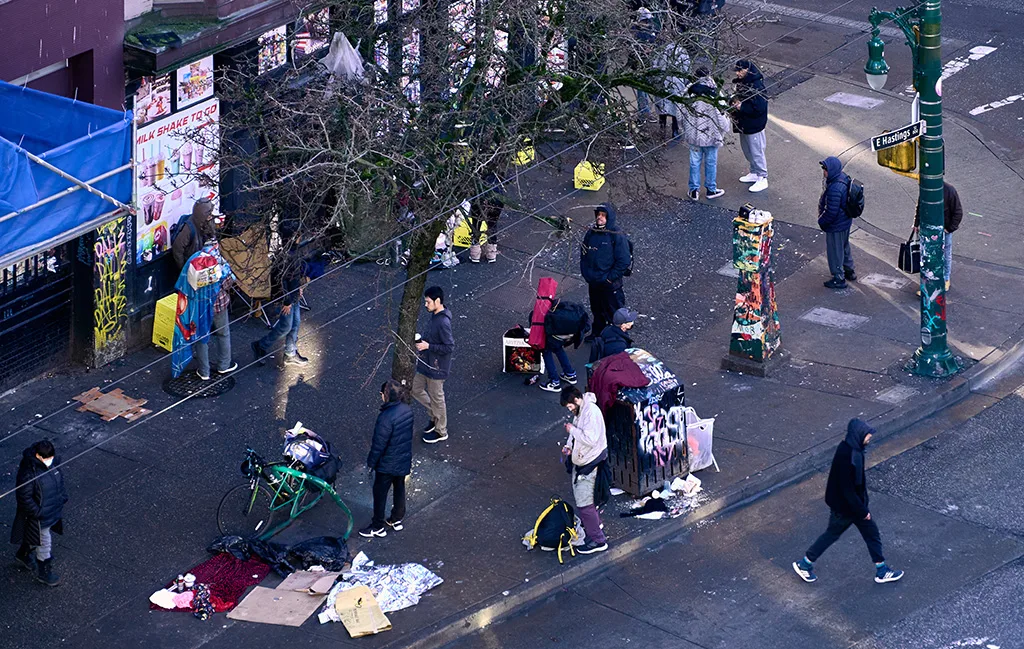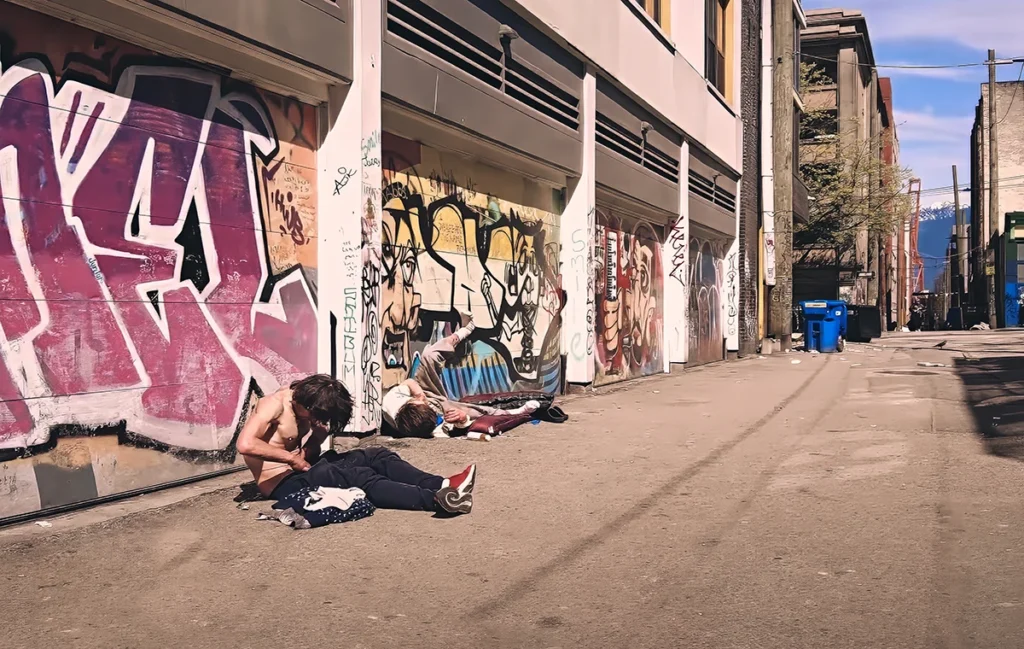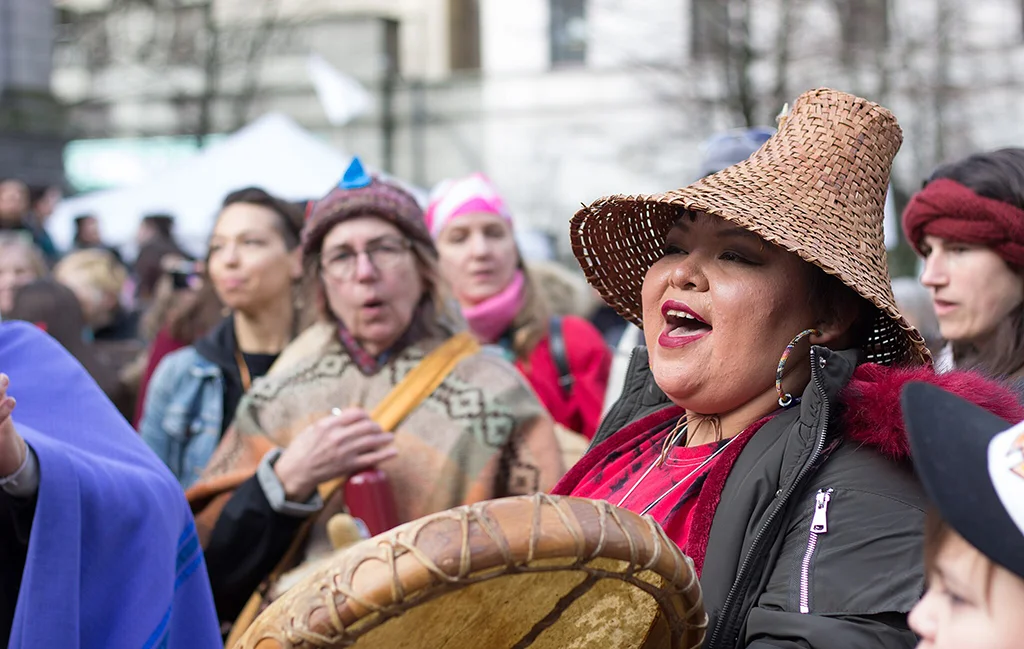In Vancouver’s Downtown Eastside, the debate over decriminalizing sex work transcends mere policy—it’s a matter of survival for many. Canada’s legal framework, introduced under the Protection of Communities and Exploited Persons Act (PCEPA), aimed to reduce demand by criminalizing clients. Yet, this strategy has only increased risks, pushing sex work underground, where workers face heightened violence and diminished access to support. Critics argue that PCEPA, rather than solving problems, exacerbates them by fostering unsafe environments and hindering effective crime prevention.
Research shows that recognizing sex work as legitimate labour could bring about significant changes in public safety and health outcomes. Decriminalization would remove the legal barriers that force sex workers into isolated locations, making them easy targets for exploitation. This approach has gained traction worldwide, with New Zealand offering a prime example of success since decriminalizing sex work in 2003. Their model demonstrates that treating sex work as regulated labour can lead to fewer crimes against sex workers and better health protections.
This investigation seeks to unravel whether adopting such a model could transform Downtown Eastside into a safer and healthier community. Drawing on data from major long-term studies, we will assess the real-world impacts of criminalization, evaluate the potential benefits of decriminalization, and present a rights-based framework for addressing systemic challenges. By focusing on evidence rather than ideology, this article aims to foster a more pragmatic and humane discussion around sex work in British Columbia.
Canada’s Legal Framework Leaves Sex Workers at Risk
The introduction of PCEPA in 2014 was intended to reduce demand for sexual services by penalizing clients while portraying sex workers as victims in need of protection. This model, known globally as the “end-demand” approach, has created a paradoxical situation: while sex workers are not criminalized for selling services, the surrounding ecosystem—including advertising, venue management, and third-party involvement—remains illegal. As a result, sex workers are pushed into increasingly dangerous, hidden environments where they can neither organize for their safety nor access crucial support.
Findings from Metro Vancouver’s Evaluation of Sex Workers Health Access (AESHA) cohort reveal that criminalization has worsened conditions for sex workers. Over 35.7% of participants reported experiencing physical or sexual violence, with outdoor workers facing disproportionately high risks. The fear of police intervention often prevents sex workers from reporting crimes or seeking assistance, creating a vicious cycle of underreported violence and impunity for perpetrators. This systemic failure underscores the urgent need for legal reform.
Occupational health and safety is another critical area impacted by criminalization. Under current laws, many venue managers discourage visible health measures, such as stocking condoms, due to fear of police raids. This lack of accessible personal protective equipment (PPE) leaves sex workers vulnerable to sexually transmitted infections and other health issues. Decriminalization would alleviate these risks by legitimizing workplace safety measures and opening the door to structured health outreach programs and enforceable labour protections, as demonstrated in New Zealand.
Barriers to Health and Safety Keep Sex Workers Vulnerable
Criminalization isn’t just a legal issue—it creates everyday barriers to health and safety. Research from the AESHA cohort reveals that 65% of sex workers face obstacles when seeking healthcare, ranging from outright discrimination to a lack of culturally competent services for racialized and immigrant workers. Fear of stigma prevents many from disclosing their occupation to healthcare providers, resulting in delayed or inadequate treatment. These systemic issues have compounded over time, creating a healthcare crisis for this marginalized group.
The lack of access to reliable health education and PPE further exacerbates health risks. Many venue owners fear stocking condoms or engaging with outreach workers due to the legal risks posed by police crackdowns. Some sex workers have even reported being turned away by venues when trying to distribute PPE and provide education. This creates a precarious situation where workers must fend for themselves, often relying on informal peer networks rather than professional healthcare providers.
Despite these challenges, peer-led support has emerged as a crucial safety net. Sex workers who operate in trusted networks report significantly lower rates of violence, highlighting the importance of social cohesion. By working together, they share resources, provide emotional support, and offer safety strategies that reduce harm. However, without legal reforms, these peer networks remain vulnerable to disruption, limiting their ability to protect members effectively. Decriminalization could formalize and strengthen these networks, improving overall safety and well-being.
Decriminalization Reduces Crime and Fosters Safer Environments
Evidence from both local research and international models underscores that decriminalization can reduce violence and foster safer work environments. In criminalized settings, sex workers are forced into isolated, unregulated locations where they’re more vulnerable to exploitation. However, studies show that when workers can operate in formalized, collective spaces, they report lower rates of physical and sexual assault. In New Zealand, decriminalization has allowed sex workers to adopt better safety measures, such as working in pairs or groups and vetting clients without fear of police intervention.
Another critical benefit of decriminalization is improved healthcare access. Under PCEPA, sex workers often hide their occupation when seeking medical attention due to fear of discrimination. This leads to under-treatment and unmet health needs. By legitimizing sex work, healthcare providers can develop specialized, non-judgmental services that cater to the unique needs of this community. New Zealand’s experience illustrates that decriminalization fosters a healthier, more trusting relationship between sex workers and public health systems, ultimately improving public health outcomes.
Moreover, decriminalization enhances trust between sex workers and law enforcement, which is essential for effective crime prevention. Without the threat of arrest, sex workers are more likely to report crimes, such as assault or trafficking, leading to better policing outcomes. This shift in trust can strengthen community ties, reduce overall crime rates, and create a more cohesive, safer society for all.
Common Criticisms of Decriminalization Miss the Mark
One of the primary criticisms of decriminalization is the concern that it may encourage human trafficking. However, this argument is based on a flawed understanding. Data from the AESHA project and international case studies indicate that conflating consensual sex work with trafficking undermines efforts to protect actual victims. Decriminalization, by contrast, allows law enforcement to focus their resources on genuine cases of exploitation while enabling consensual sex workers to operate safely without fear of legal repercussions.
Another common argument against decriminalization is the fear of exploitation within a legalized industry. Critics warn that decriminalization could lead to unchecked abuses by employers or managers. However, the current criminalized system already allows exploitation to flourish unchecked, as sex workers lack legal recourse to fight back against abusive practices. Decriminalization would bring the industry into the open, where labour laws can be enforced and exploitative behaviour punished.
Ensuring worker autonomy is critical to any successful decriminalization model. This means implementing robust regulations that protect workers’ rights while allowing them to operate independently. By centring sex workers’ voices in policymaking, British Columbia can develop a framework that prioritizes safety, dignity, and fairness. The New Zealand model, which emphasizes worker autonomy and collective bargaining, offers a blueprint for achieving this.
Sex Work Decriminalization is Urgently Needed
Decriminalizing sex work in British Columbia isn’t a hypothetical policy experiment—it’s an urgent human rights necessity. Decades of criminalization have not eliminated sex work but have instead driven it into the shadows, where risks multiply and access to help is limited. Studies from Metro Vancouver illustrate the consequences of this flawed approach: under the current end-demand model, sex workers experience higher rates of violence, systemic exclusion, and critical healthcare barriers. Far from achieving its goals, criminalization has made the profession more dangerous, highlighting the need for evidence-driven reform. Decriminalization offers a path forward by legitimizing sex work as a labour and ensuring those engaged in it are protected rather than prosecuted.
A rights-based approach to sex work is fundamental to creating safer, healthier communities. Such an approach would treat sex workers as independent agents deserving of dignity, labour rights, and social support. Decriminalization would enable sex workers to collaborate openly, access peer networks, and report crimes without fear, thereby reducing harm and improving trust between them and public institutions. By shifting the narrative from one of victimization to one of empowerment, British Columbia can foster a social environment where sex work is recognized as legitimate labour rather than a societal problem. As demonstrated in New Zealand, comprehensive decriminalization policies lead to better outcomes for both sex workers and the wider community.
However, decriminalization alone isn’t enough. It must be accompanied by clear, enforceable regulations developed in collaboration with sex worker-led organizations. This process requires ongoing dialogue, transparency, and a commitment to human rights. By tackling systemic inequities, empowering community-led services, and eliminating punitive measures, British Columbia has the opportunity to set a new standard for balancing public health with individual safety and rights—one that prioritizes human dignity and real-world solutions over outdated moral frameworks. There is immense potential for transformative change, making this a pivotal moment. No one should be forced to choose between their safety and livelihood—a fairer, safer future for sex workers is both achievable and necessary.
Monika is a dedicated Downtown Eastside activist and youth counsellor with extensive experience working alongside British Columbia and California community organizations. Passionate about harm reduction and youth empowerment, Monika’s advocacy focuses on creating impactful programs, offering a voice to those often overlooked.







Leave a Comment